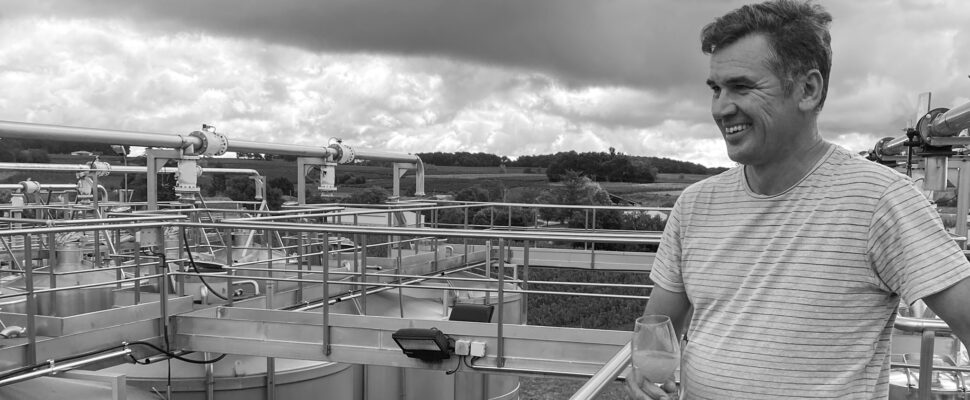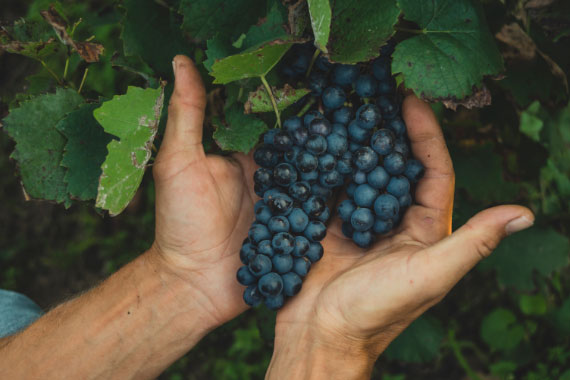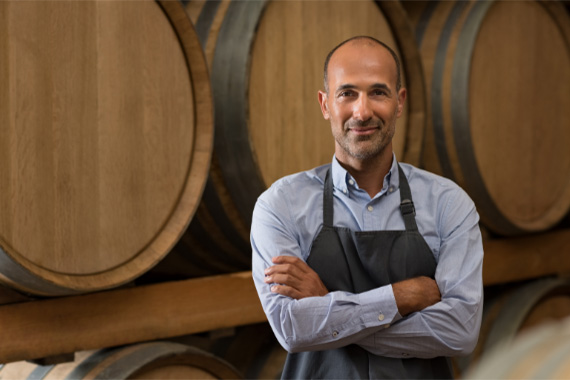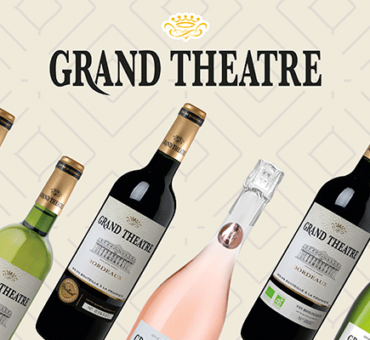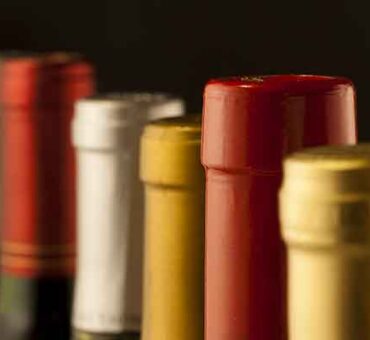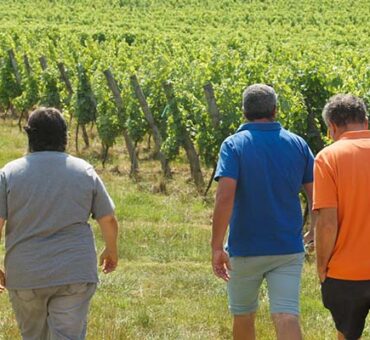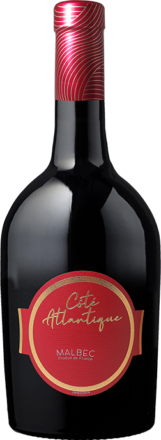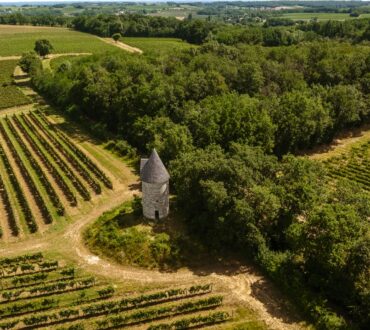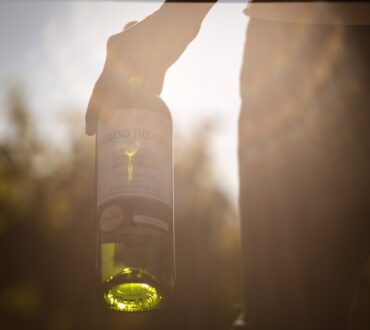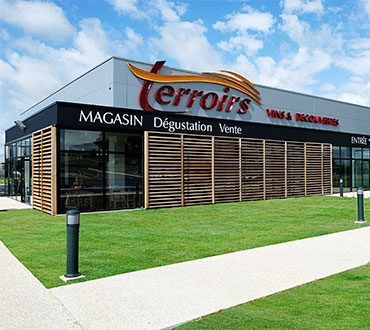Franck, how did you discover the world of wine and choose to join our Univitis winery?
My passion for wine came from my parents, who were winemakers and had wine plots in the region. I’ve always been surrounded by the world of wine.
I chose to focus my studies on oenology and, during my studies, I did an internship at the Univitis cooperative winery. So it was only natural that I joined the cooperative winery in 1997, initially as a seasonal worker, before gradually establishing myself as an oenologist.
What does your job involve? At what stages of the wine-making process are you involved?
Our job is to make wine. At the winery, I’m in charge of vinification and aging. My mission is to guide and control the transformation of grapes into wine.
During the harvest, I’m also responsible for organizing and controlling grape reception, personnel and work management, and oenological decisions.
I have to answer questions such as: how are we going to conduct the vinification? How will we adapt to the vintage? With one objective in mind: to create a quality product that satisfies our customers.

What are the most rewarding aspects of your job as an oenologist?
As oenologists, it’s of course qualitative success that’s most important to us. It’s about creating a quality wine that makes us proud and pleases our customers.
What's your method for tasting wine? Do you have any tips for wine lovers on how to develop a sensitivity to the subtle nuances of a wine?
There are three aspects to wine tasting:
- Visual appearance: color is very important. It’s the first contact with the wine. In my job, I look to see if it corresponds to market expectations.
- The olfactory aspect
- The gustatory aspect
But tasting is above all an education. So you have to practice. To practice this art, you need to surround yourself with professionals or connoisseurs who can guide you through the tasting process.
Everyone is capable of sensing the notes of a wine, you just need to learn more about this universe to better identify what you’re feeling.
It’s best not to practice with just one oenologist, as he or she can influence the perception of a wine according to personal tastes. You need to open up to this universe and not be confined to a single way of perceiving a wine.

The world of wine can sometimes seem inaccessible. Do you have any advice for beginners who want to discover this world?
The first quality is humility.
The more you discover and learn, the more you’ll realize that there’s a lot to know. Even an oenologist like me can be fooled by a tasting. So it’s important to stay humble and keep learning. Tasting is a subjective art.
Curiosity is also very important in discovering this world.
You have to learn not only how to taste a wine, but also how to understand its terroir. Knowing the soil, the climate and the people behind a wine.
Knowing how it was made, in what region, in what country and by whom.
We're at the very beginning of the harvest, and the atmosphere is intensifying. Do you already have any forecasts for the 2023 vintage?
The first word that comes to mind to describe this vintage is precocity. It’s late August and, after a particularly complicated year for our winemakers, everyone has already started picking their plots.
Early grapes are often a sign of quality. The earlier the grapes ripen, the more likely they are to reach perfect ripeness at harvest time. So we’re looking forward to a quality vintage.

As a wine lover, what's your favorite wine from the cooperative winery?
Personally, I love white wines, especially Sauvignons. It’s a very aromatic grape variety. That’s why our dry white wine from Château Les Vergnes is one I particularly like, as is our Grand Théâtre blanc.

